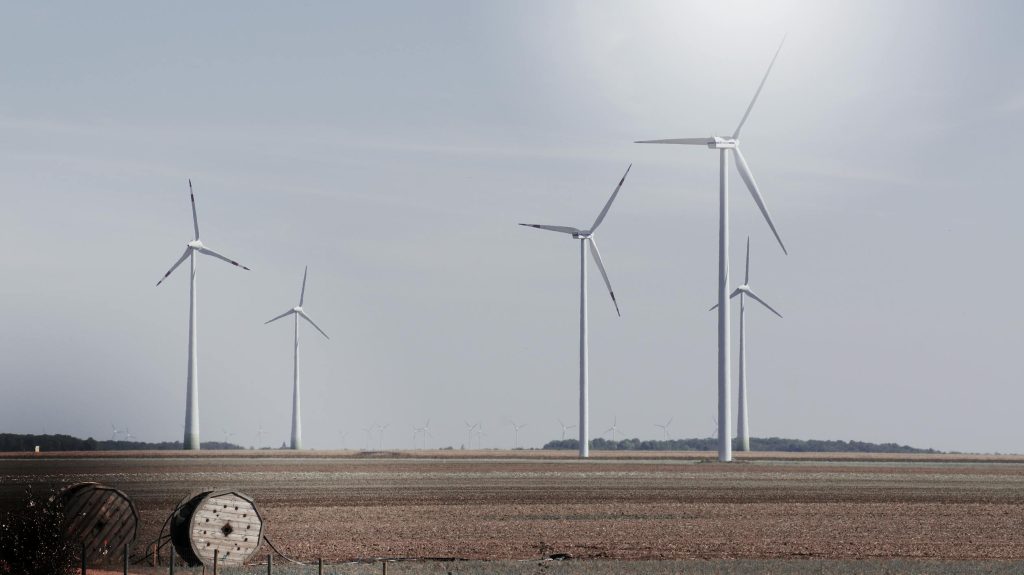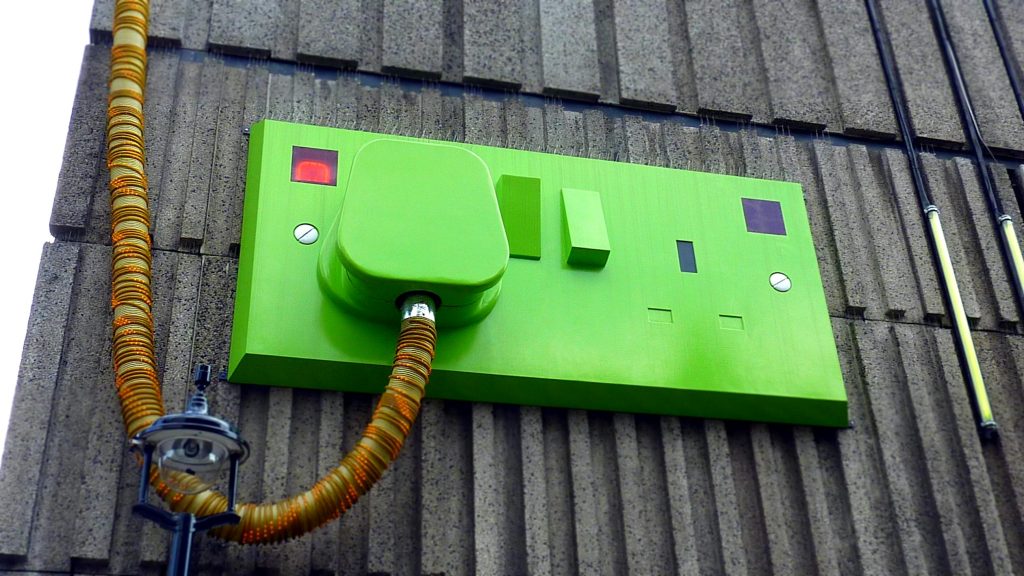Businesses are going green! As consumer attitudes evolve and government controls get stronger, companies are quickly adjusting to a new energy paradigm. Companies that operate purely on fossil fuels are now looking for alternatives in the form of renewable energy resources. Other than being more responsible and environmentally friendly as a business, there are also many other reasons for a greener shift within businesses. There are cost savings that come with using renewable energy and also enhancing the brand image by making its operations more sustainable. But what does this energy transition to a greener energy system actually entail, and how exactly do companies move towards a greener energy system?
Table of Contents
The Importance of Green Energy in Business

Green energy is not just about power resources. It is about encouraging the world to move towards a more sustainable future. There are many innovative and eco-friendly green energy sources out there including solar power, wind power, geothermal power, hydropower, and more. It has gradually become a critical part of business as well for several reasons. There are increasingly more conscious consumers who are encouraging the businesses they support to be more environmentally friendly.
Other than long-term cost savings, there are many benefits for businesses to shift towards green energy such as enhanced reputation among conscious consumers and attracting talent and investors who are specifically looking for more environmentally conscious businesses to be a part of.
Here are several factors that are pushing businesses towards green energy options.
Responsibility Towards the Environment
Keeping a low carbon footprint is a high priority for any business nowadays due to the worldwide push towards a more sustainable tomorrow. The word sustainability is not just a buzzword anymore. It is considered the standard for the operations of any business, regardless of the industry.
Laws and Regulations
Many governments around the world are implementing stricter environmental regulations. There are large fines and the risk of reputational damage for excess carbon emissions and related issues. Moreover, other than restrictive laws, there are positive reinforcements such as giving tax cuts to responsible businesses that use green energy.
Cost Savings
There can be a large initial investment when a business is first shifting to green energy from using a traditional option, but there are substantial cost savings to gain in the long run. The development of steady infrastructure such as solar panels eventually provides a high energy output with low maintenance costs. Especially for businesses that require high amounts of energy to function, it only makes sense for them to invest in infrastructure that helps produce it by themselves, rather than tolerating the high costs of traditional fossil fuels.
Green Energy and Business

There is a different path to sustainability for every business. What works for one business may not work for another. There are more straightforward methods such as solar power, and some indirect methods such as creating a company-wide culture and mindset about being more eco-friendly when using energy.
Here are several different ways businesses are moving towards green energy
Renewable Energy Sources
Many businesses have started implementing various strategies on how to reduce their carbon footprints in the past few years. The simple approach would be transitioning to renewable energy providers such as solar energy. Most energy companies are also becoming accustomed to offering green energy packages to those interested.
- Solar Power
Companies situated in places with more sunshine are now installing solar panels on top of their buildings in order to harness energy directly from the sun. This helps them spread the cost of traditional energy providers over the long term.
- Wind Power
Some companies, particularly those situated in rural areas or along the coast, are now using wind energy by building wind turbines on their properties or buying wind energy.
- Hydropower
Although not often practiced by small businesses, some of the bigger firms would utilize hydropower to the availability of water bodies within their surroundings.
Green Infrastructure

Eco-friendly infrastructural development has started to become a trend amongst large businesses. This involves constructing or refurbishing to more energy-efficient designs as well as implementing technologies aimed at lowering energy consumption.
- Energy-Efficient Buildings
Companies are designing new buildings or retrofitting older buildings so that their energy use is reduced.
- Battery Storage Systems
Since solar or wind energy can have consistency problems, some businesses are deploying battery energy storage systems. This enables companies to reserve surplus energy credits that can be used when energy demands are high or when renewable sources are inactive.
- Electric Vehicles (EVs)
Increasingly, more businesses are moving towards electricity-based transportation as they are integrating EVs into their fleets. Further, the costs of owning and operating EV vehicles are going down as more and more companies are installing EV charging stations on their premises.
Offsetting Carbon Footprints
For companies that still cannot completely migrate to using renewable energy sources, carbon offset programs are becoming an alternative. Investing in carbon offset programs allows a business to invest in environmental endeavors such as reforestation or renewable energy as a measure to counter the amount of carbon generated.
- Carbon Credits
Some businesses purchase carbon credits as a way to offset their carbon footprint. This does not fully eliminate emissions from companies but does help counter them by allowing other projects to create environmentally friendly initiatives.
- Corporate Social Responsibility (CSR) Programs
A lot of companies have started devising plans for incorporating green energy initiatives into their CSR activities. This can involve everything from planting trees to reduce carbon footprints to partnering with environmental nonprofits on renewable energy projects.
The shift to green energy in businesses is not just about being more environmentally responsible. It is also about being competitive and up-to-date in an environment where consumers demand businesses to be more sustainable in their practices. With a shift to green energy, businesses are positioning themselves as socially responsible which puts them on the path to long-term success. Businesses that adapt to green energy now will be the ones leading the way in the future.